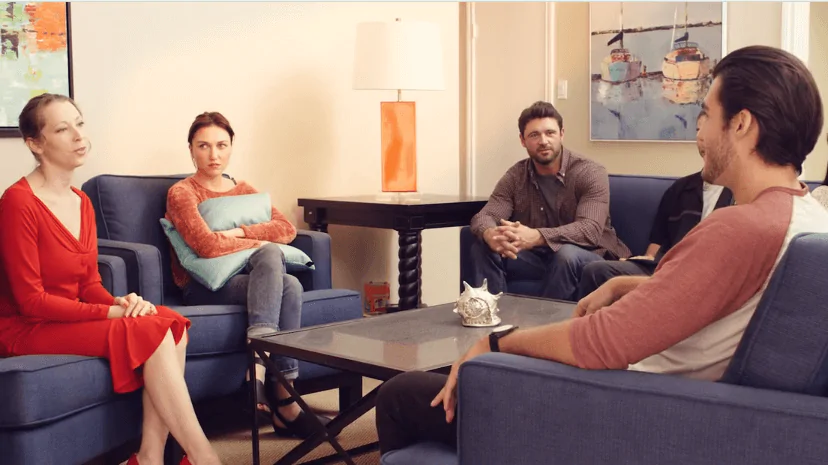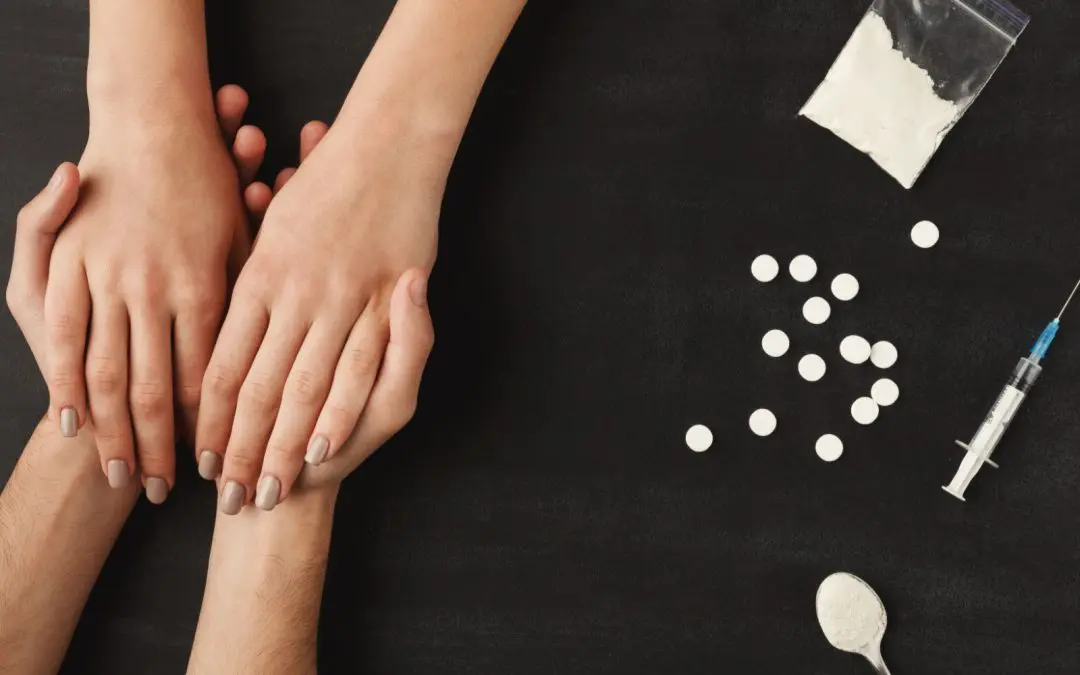24/7 Helpline:
(866) 899-111424/7 Helpline:
(866) 899-1114
Learn more about Partial Hospitalization Program centers in Kootenai County
Partial Hospitalization Program in Other Counties




Rathdrum Counseling Center
Rathdrum Counseling Center is a private rehab located in Rathdrum, Idaho. Rathdrum Counseling Center...

Aces Community Services
Aces Community Services is a private rehab located in Post Falls, Idaho. Aces Community Services spe...










































































































































Other Insurance Options

Sliding scale payment assistance

Health Net

MVP Healthcare

GEHA

Sutter

Ambetter

Evernorth

Meritain

CareSource

Premera

BlueShield

Kaiser Permanente

UnitedHealth Group

WellPoint

WellCare Health Plans

Cigna

Health Partners

Optima

American Behavioral

EmblemHealth